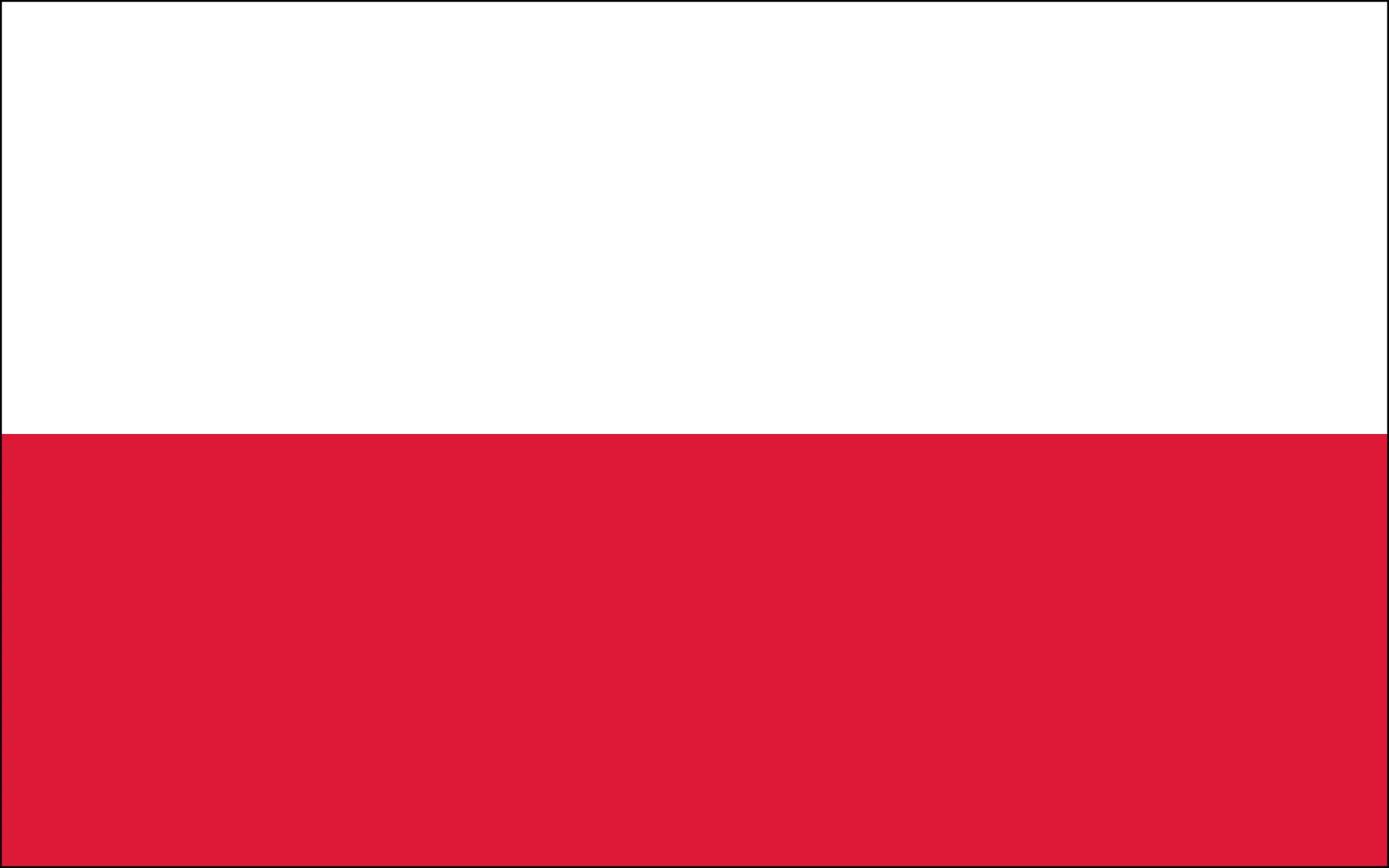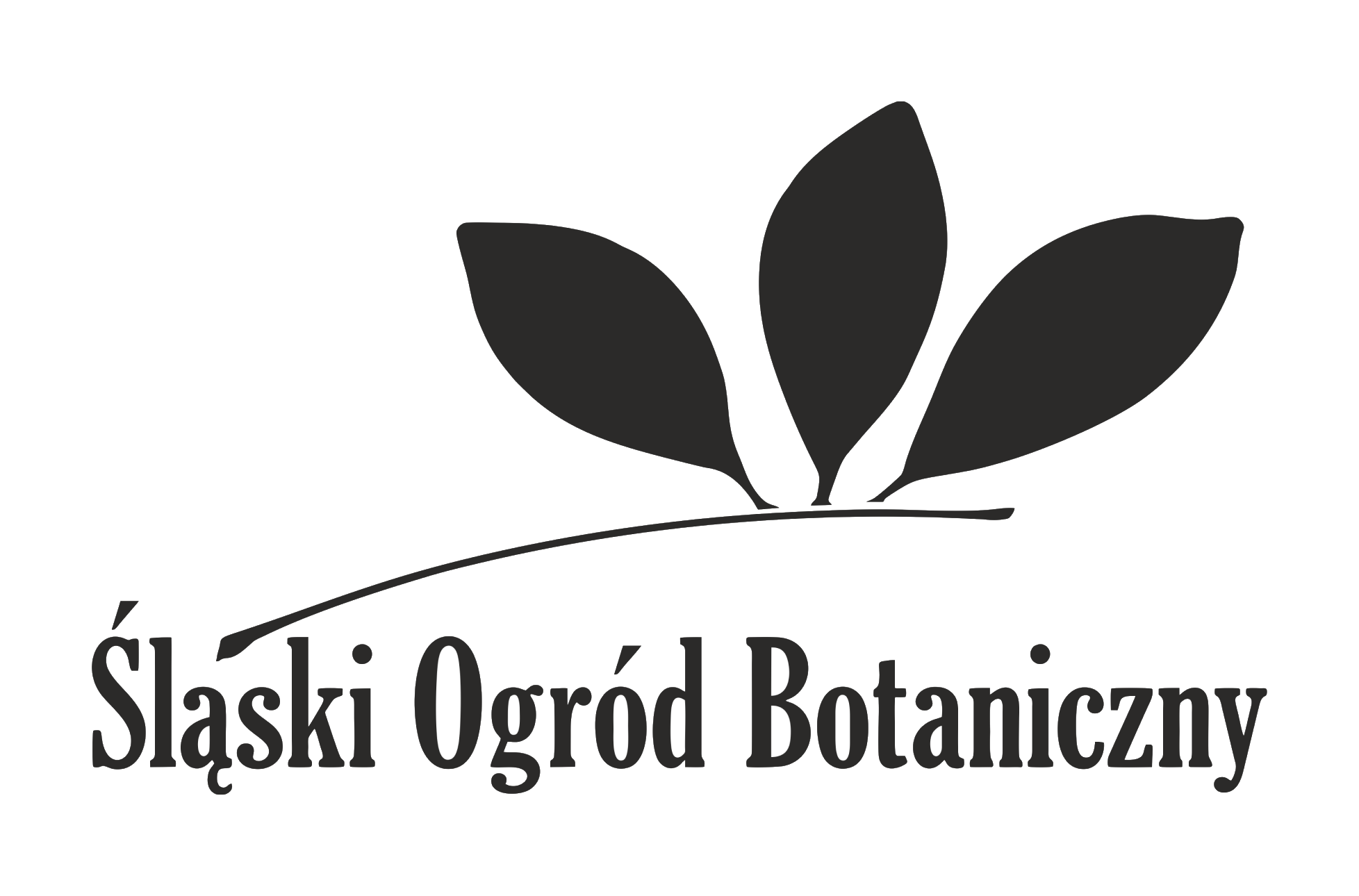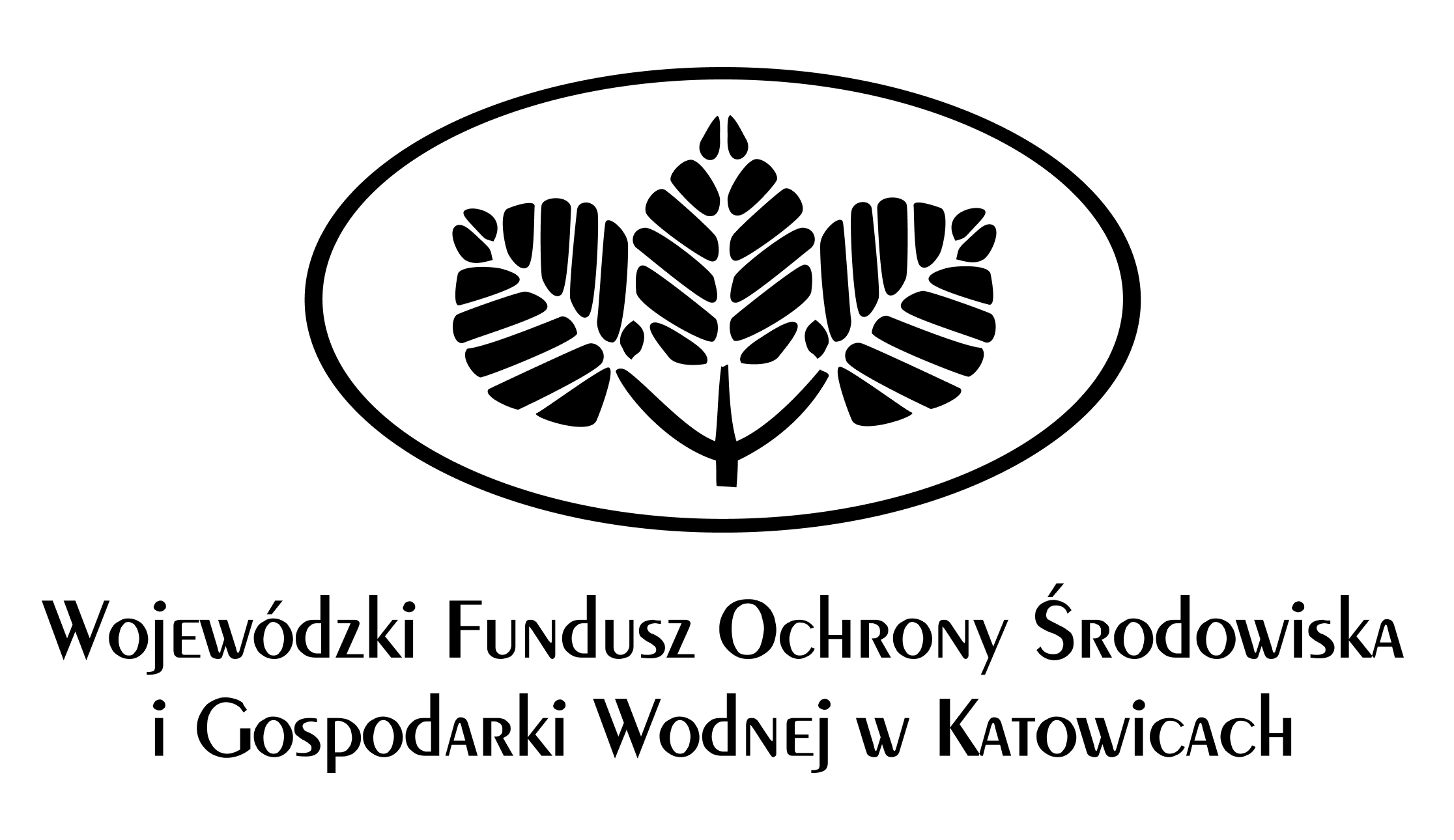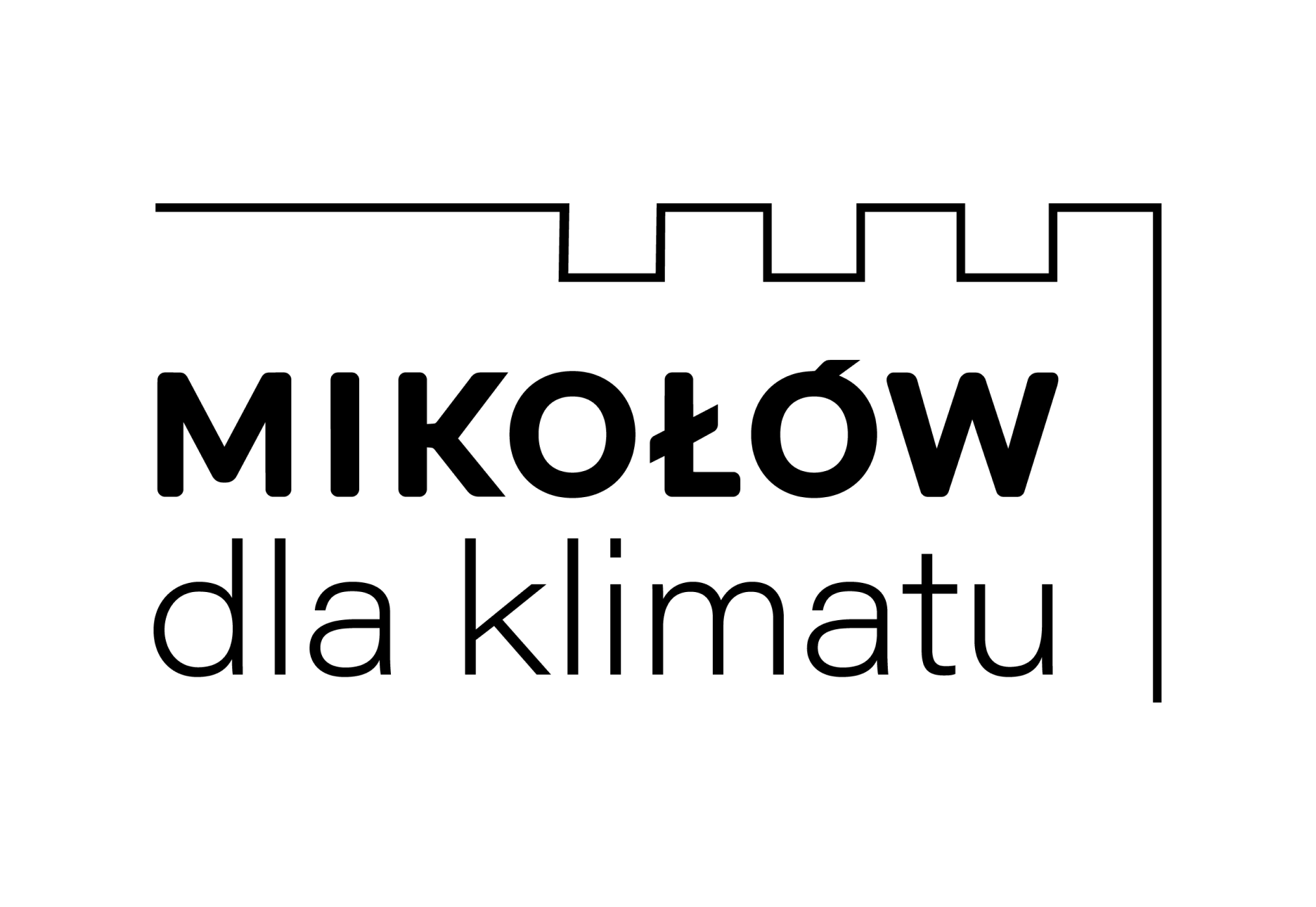The promenade behind the Fire Department building in Mikolov was, until recently, an area that did not live up to its potential despite frequent use by residents.
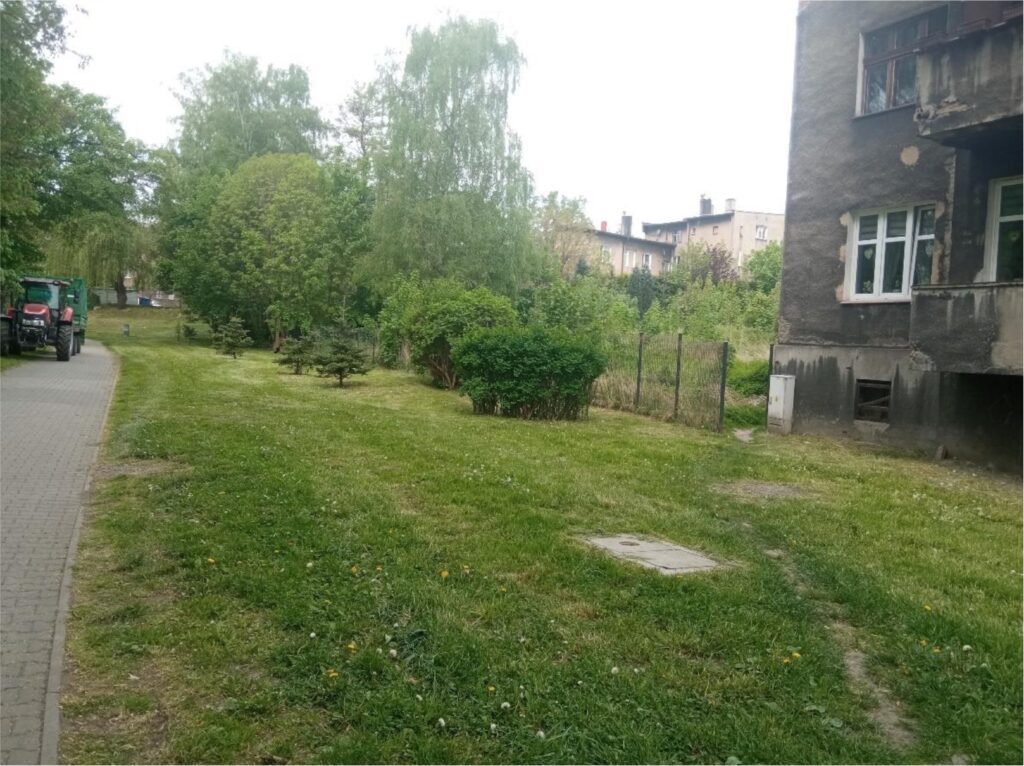
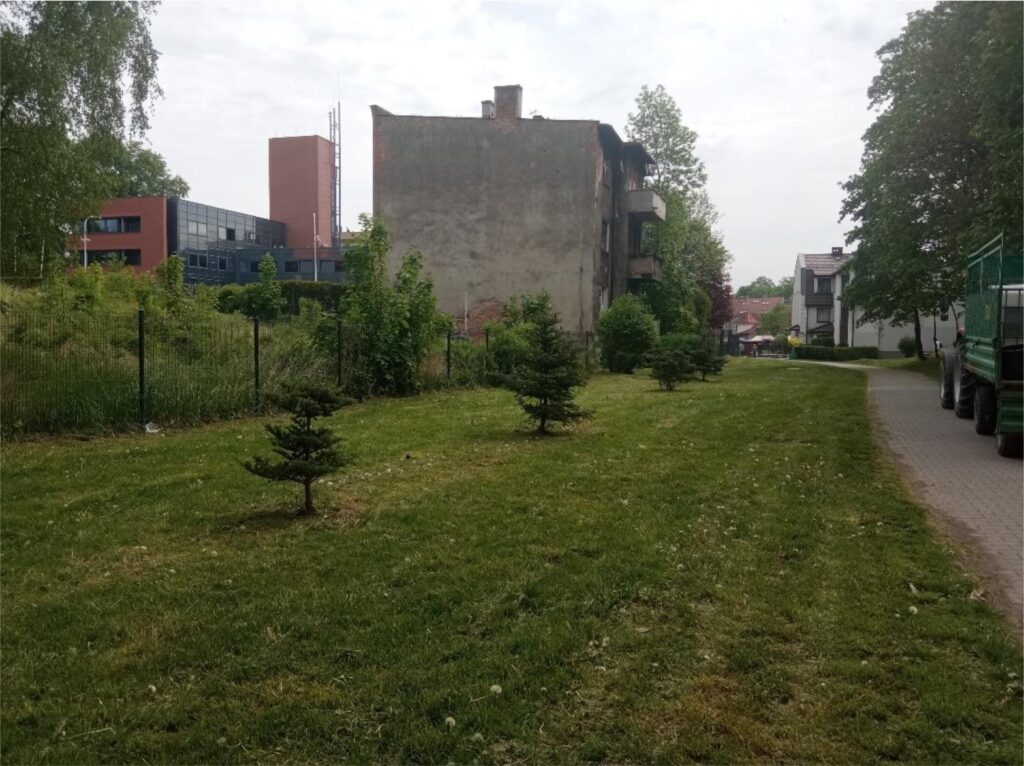
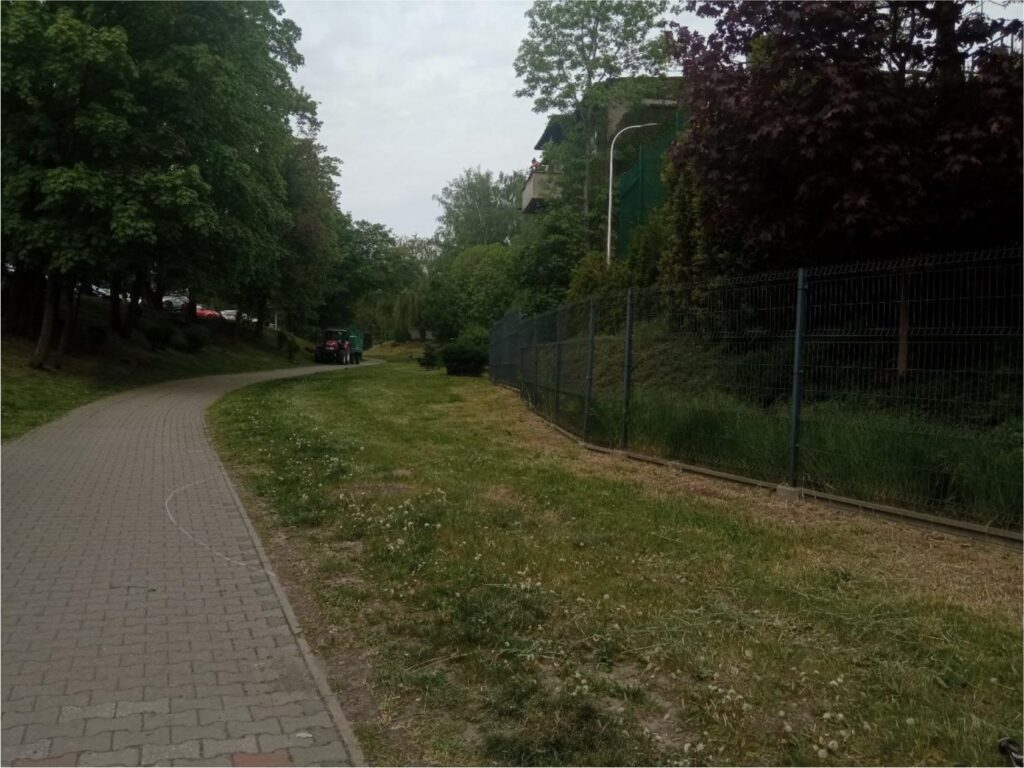
The contractor was tasked with designing an area of about 400m2, taking into account replacing the substrate, laying out flowerbeds along the path and, of course, making plantings.
Once the area was prepared, deciduous and coniferous shrubs were planted, and an area of about 200m2 was transformed into honey beds consisting of perennials and flowering grasses. Native species were chosen, the varieties of which are useful to pollinators from early spring to autumn. The flowerbeds were bordered with edging, and in addition, landscaping elements were installed: 2 benches and 2 trash garbage cans.
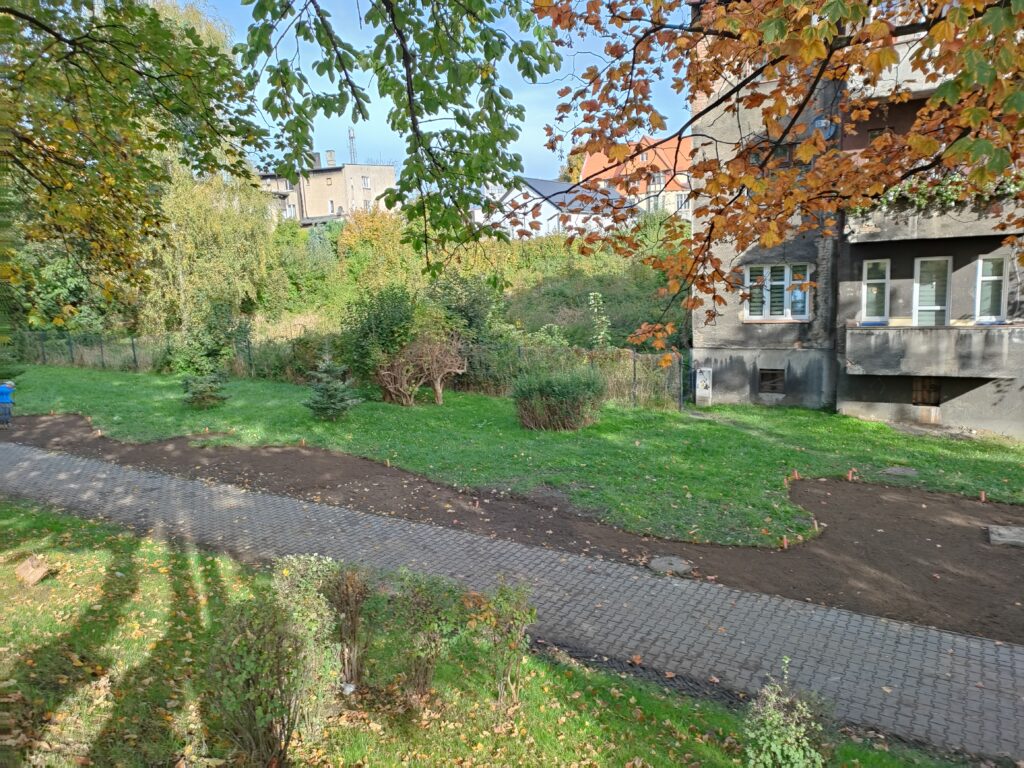
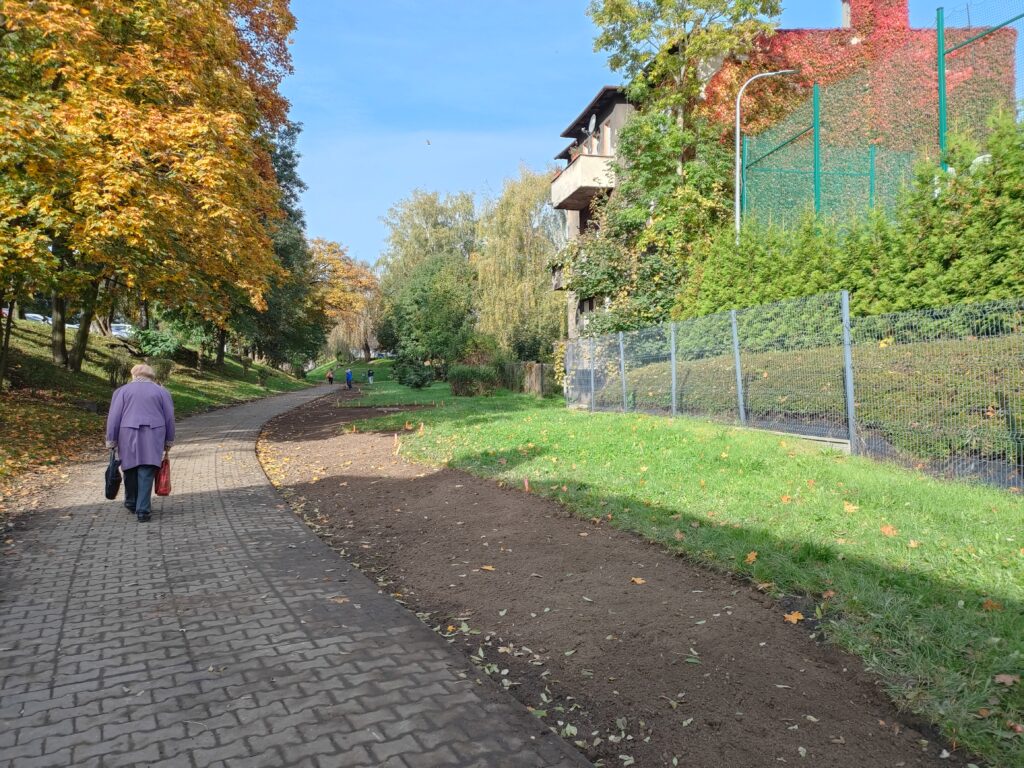

The design and visualization look sensational, we will be able to admire the first effects already in spring, but remember that the final appearance of the flowerbed will be achieved in a few years, when the plants will grow and cover the entire area.

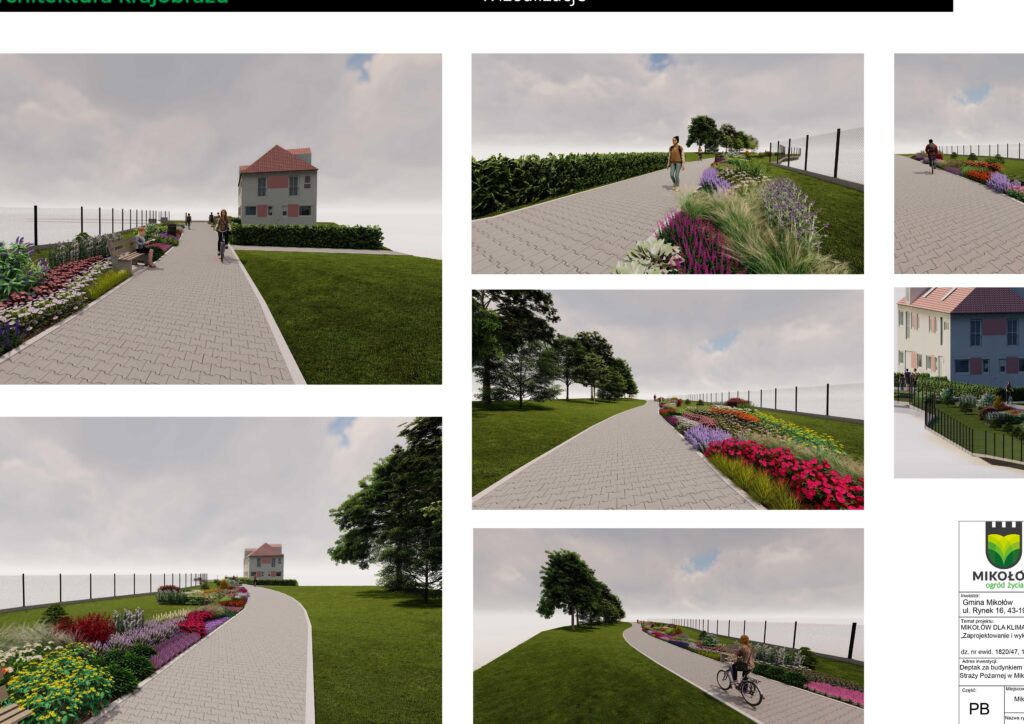


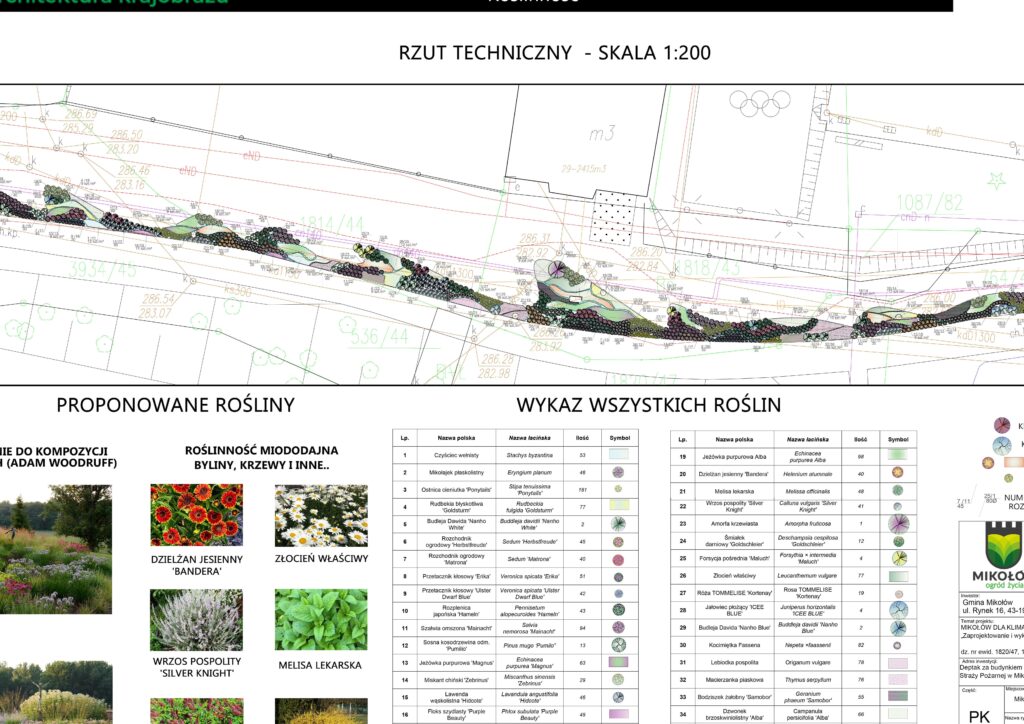
We encourage you to familiarize yourself with the position of the Council of Botanical Gardens and Arboreta in Poland regarding the creation of honey beds:
Reports from recent years on the situation of pollinating insects both in nature and in the world, European, and partly Polish beekeeping are alarming. Pollinating insects play a fundamental role, moreover, being a kind of barometer of the health of the environment, they indicate that the current direction of management of nature’s resources requires special attention.
It is absolutely necessary to take measures to improve the current situation. We also realize that the role of the honey bee in society is extremely important. However, as botanical gardens, we would like to strongly emphasize that for both the stability of food production and the stability of ecosystems, the diversity of pollinating animals is crucial. For several years now, botanical gardens have been conducting educational activities on the importance, diversity and protection of all pollinators, not just domesticated species such as the honeybee. A significant part of our activities is focused on this subject. Being one of 43 botanical gardens in Poland, we would like to remind people of the irreplaceable role that pollinators play in the environment and the fact that nowadays all these species are threatened with extinction. Among other things, in our projects we try to fight the stereotypical views that beekeeping and the honeybee are the key elements here, which is not supported by scientific data. We are also very cautious about initiatives branded by the beekeeping industry, because usually, in the long run, this means a conflict with the “interests” of wild species, which we as botanical gardens in particular should support. Based on modern knowledge, it should be firmly stated that promoting beekeeping cannot be the only way to reduce the global pollination crisis, and increasing the number of bee colonies is not the answer to the decline in biodiversity. Therefore, in order to balance the needs of biodiversity conservation, food security and the interests of beekeepers, a wise compromise based on sound scientific data is necessary.
Realizing that the role of wild pollinators has so far been insufficiently realized and appreciated, as the Silesian Botanical Garden we would like to remind people of the irreplaceable role these pollinators play in the environment and of the need to enrich green spaces with native species of melliferous plants in order to increase the biodiversity and ecological resilience of these insects. An example of activities supporting the achievement of this goal are the new plantings implemented under the “Mikolow for the Climate” project.
Damian Matynia – Secretary of the Board of the Council of Botanical Gardens and Arboreta in Poland


